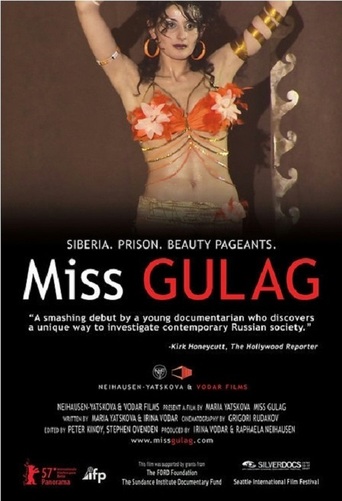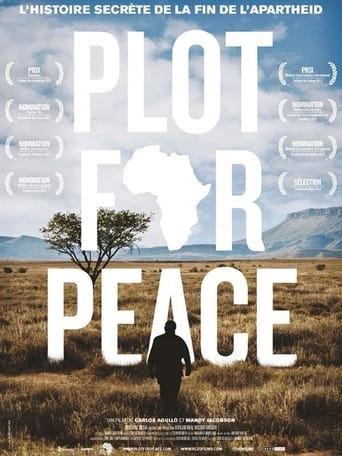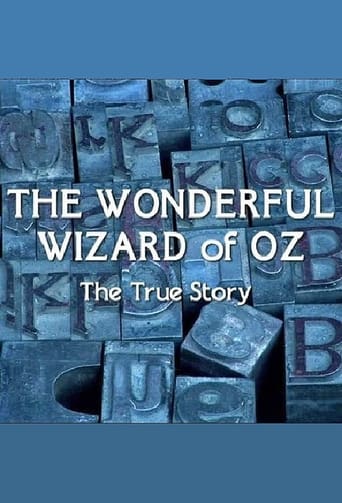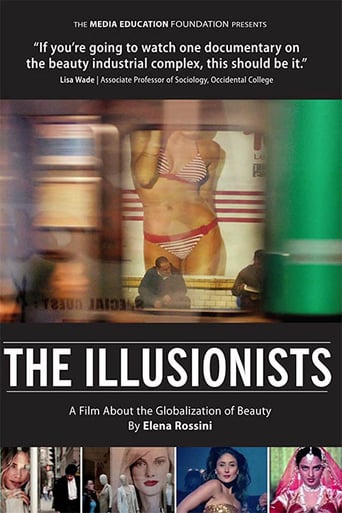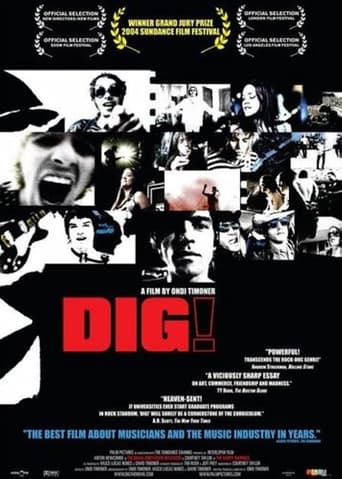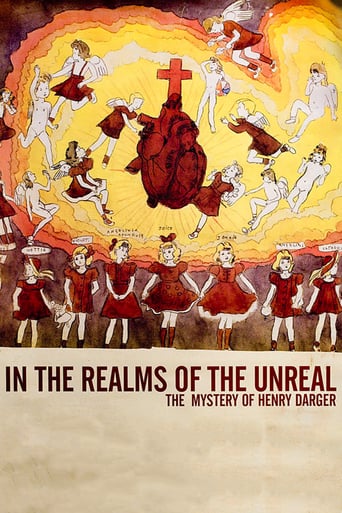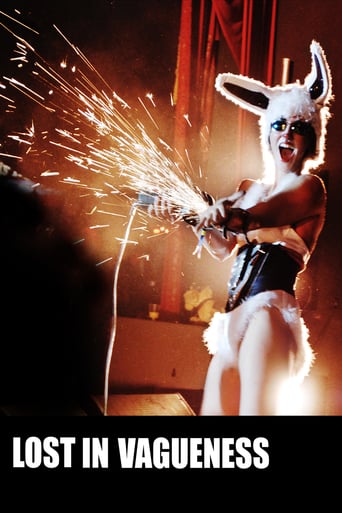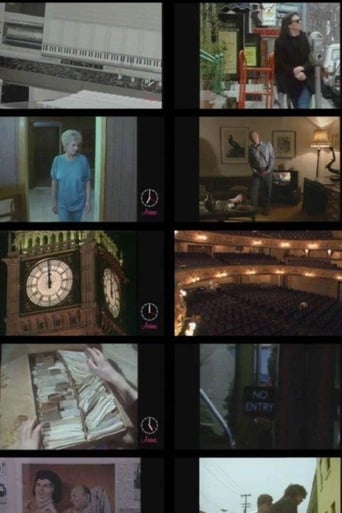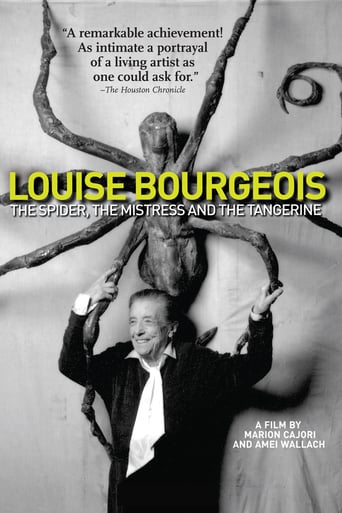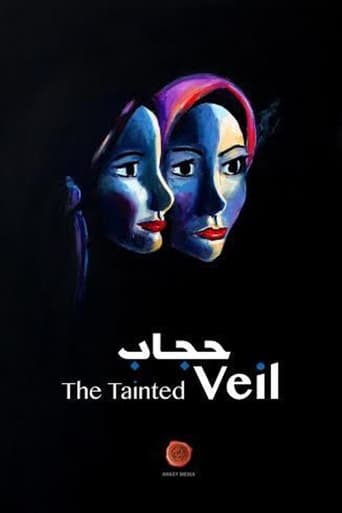
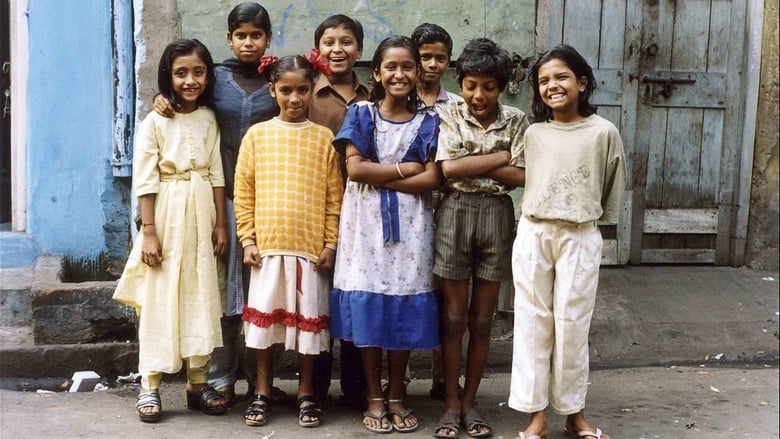
Born Into Brothels: Calcutta's Red Light Kids (2004)
Documentary depicting the lives of child prostitutes in the red light district of Songachi, Calcutta. Director Zana Briski went to photograph the prostitutes when she met and became friends with their children. Briski began giving photography lessons to the children and became aware that their photography might be a way for them to lead better lives.
Watch Trailer
Cast


Similar titles
Reviews
While, this documentary directed by Zana Briski & Ross Kauffman indeed shine some light into the lives of Indian children living in Calcutta's Red-light district; that light was just wasn't bright enough for me to find this movie, very inspirational. It wasn't very heart-warming or informative. Generally, that would mean that the movie is bad; but for me, it's wasn't. I was just disappointed by the outcome. After all, you want to see these kids overcome their real-life hardships and struggles. It's not as encourageable to see most of the people fail at that. There is debate about the extent to which the documentary has improved the lives of the children featured in it. Yes, I get that life doesn't hand you success on a silver platter, but has the money earned through the sale of photos and a book on them really help the children. Based on my research, not so much at first as the money was used to pay off the expenses of the film and most of the children, indeed return back to the brothels. However, overtime, most of them, indeed went into school when the money came in, while a few of them, continue to be sex workers, even as of this writing. Still, it's pretty disturbing to see how poverty India still is, even in the 21th century. The environment in which, these children of sex workers live and work, is horrendous even if most of them, had strict community rules not to force anybody to be prostitution, clinics and a trade union. You still can't help, feeling bad for the children. Its sucks to think that these children live in an area, sex slavery, trafficking and underage child prostitution is still able to exist. I get that in India, prostitution is legal and the prostitutes mostly run the area, themselves, and nothing wrong with that, but gees, India's Durbar Mahila Samanwaya Committee (DMSC) need to set up some better guidelines on the safety of the workers and their families. Yet, Zana Briski's organization, 'Kids with Cameras' continues to work toward improving the lives of children from the Calcutta red light district with the recent building of the Hope House. However, I hate the whole 'White Man's Burden' self-promotion approach to the film. I don't believe that all of the children's parents were abusive and ignoring their children wishes for education programs and career building activities. If anything, India's parents need to solve this problem, not a million Western Non-governmental organizations. It sad to see that outside foreign help was needed to solve this domestic problem in India, when India could do it, on its own. I wish, the country could had done better. I wish the movie also show more on the dangers of the kid's surroundings. It's weird to see, the film talks about how crude, the 'johns' are; but most of the abuse, comes from the madams or mothers that run the place. Not to question, other people's parenting, but there were scenes, where I was really wondering why, Briski didn't put the camera down and do something to stop this abuse. One thing, the movie really fails to mention, is how India's largest red-light district was even created and why, those families are even there. Nor does it tell in depth how a British photographer and filmmaker Zana Briski got so close with the families, to the point that she was able to set up a photography class with their children, without angering the criminals and the clients on how much outside exposer, their environment was getting. You would think, that somebody would threaten Briski at least, one. After all, weren't these people, very fearful, feeling of apprehension, anxiety, and having inner turmoil. How was this film possible to be made? Another thing, there is hardly any background information on the human subjects and the area, they live in, by the filmmakers. As a clueless American, I had no idea where, or when this film is taking place. All, I knew, is that it was in India, and somewhere in Calcutta. I wish, the movie gave a little more informative than that. I had to research after watching this film, to find out, that it takes place in Sonagachi. Overall: While this movie is widely acclaimed won a string of accolades including the Academy Award for Best Documentary Feature in 2004. In my opinion, the spotlight is little too dim and feels too much of a vanity project. In the end, it's needed to be brighter, so it can be worth seeing, multiply times.
You'd have to have a heart of stone not to be moved a little by the kids and their circumstances in this story. Born into Brothels serves as sort of a basic litmus test for empathy: if you can't say to yourself 'that could've been me, in some other time or place or by some other stroke of chance or luck or what have you', then you shouldn't go near these movies (or perhaps movies in general). Its heart is squarely in the right place as one-time director Zana Briski (she didn't do anything before or since really, as filmmaking isn't exactly her forte so much as photography) goes into a part of Calcutta where brothels run rampant and there's no police - kids work from the age of whenever the parent (if there even is one) decides so, and school is usually a luxury or a privilege. If there's anything of an arc to the film it's following who may get into one school or another, or if one may get into a photo competition in Amsterdam.I may have skipped over the obvious of the premise - Calcutta kids get cameras and take pictures of their surroundings. Simple enough, and to be sure many of them take wonderful photographs that carry actual artistry and (as noted in the film) attention to composition. I was reminded following these kids a little of the film Hoop Dreams, which also is about kids growing up in poor neighborhoods and who may get the chance to move on with their lives by a combination of luck and hard work and tenacity (or if life doesn't get in the way, which it invariably does).Though it may have been impractical, I wished there was more to this movie than there is (or maybe, in some years time and it hasn't happened yet, the approach of the "Up" series where we see the kids 7/8 years later and so on). The directors take so much time to set up the kids, but it's not like they are very varied; where 'Dreams' had two young people, this has seemingly about 10 or maybe a dozen (I lost count to be honest). They're charming and easy enough to watch - my first thought once the documentary ended is that this is the lightest/fluffiest film about poverty-stricken youth I can remember seeing - but they're not distinctive enough to carry a movie that is so short. With more development or time to see their life stories, there might be something more as far as *narrative* goes.There are conflicts and tragedies, to be sure (one kid's mother is killed by her pimp, and it seems to be just another day in the red light district, again no justice either), and when the kids are seen in the midst of the aggressively-mouthed adults around them there's tension (there's a reason this is Rated-R so be warned if you decide to show this to your kids). But at the end of the day it really is more important as a social document than as a piece of cinema that you MUST see. It may help change how you see certain things with Calcutta - maybe some will come with the impression of the place as being only one way with one group of people, and here it's all about what options people have really, which is a good distinction the movie makes - and there's some nice/pretty photos to look at. Good but not great.
If you are looking for a 'feel good' movie or one that gives you a strong feeling of hope, then you probably should not watch "Born into Brothels: Calcutta's Red Light Kids". It's a generally depressing film and offers a few tiny rays of hope by the end of the film...but only a few.Zana Briski and Ross Kauffman traveled to India and befriended a group of children and their families living in the brothels of Calcutta, India. How exactly they arranged all this is not mentioned in the film--it just begins with Zana spending time with a group of eight of these kids. She has taught them to use cameras and they are chronicling their lives in a crappy neighborhood--living amongst poverty and depravity. The filmmakers are not social workers--just filmmakers and photographers. Through the course of the film, Zana spends much of her time not just instructing the kids on photography and taking them on outings. She also tries to get the kids in boarding schools as well as one special kid a chance to go to an international photography conference in the Netherlands. But, despite her best efforts, the kids and their families have this strong pull--a pull to keep them in the gutters and on track to repeat the family pattern of prostitution, drug abuse and early death.Overall, an oddly compelling and ultimately depressing documentary. However, it is not without merit and I can see how it won the Oscar for Best Documentary Feature. It is well constructed and fascinating...and quite sad.
Born Into Brothels (2004) *** (out of 4) Oscar-winning documentary from director Zana Briski had her traveling to Calcutta's red-light district to film the rampant drug and prostitution going on there but instead got involved with some of the children who were born in that area and know very little of the outside world. With her camera Briski was able to get a first-hand look at the events in this district but she also uses it to teach the children a trade. BORN INTO BROTHELS is a pretty eye-opening film as one always has an image in their mind when they hear of places like Calcutta but actually seeing it makes you realize that those images you hard aren't nearly as bad as the truth. There are some pretty striking images that in any place with child welfare boards simply wouldn't happen. Seeing some of the mother use certain words aimed at their kids was just shocking and the living conditions aren't any better. Seeing young kids being forced into prostitution by the age of eleven is certainly the big thing and we even see one deadbeat father smoking hash right by his kid. Watching these events really make you realize that there's really not too much hope for the majority of the people there and especially when this stuff is just considered the norm. Director Briski does a good job at telling the story and she manages to make you feel for these kids and want to see them get out of the dump.


